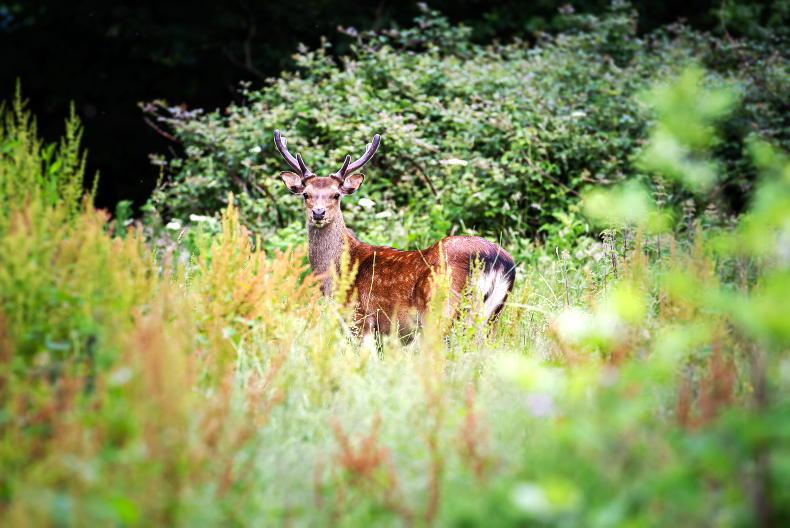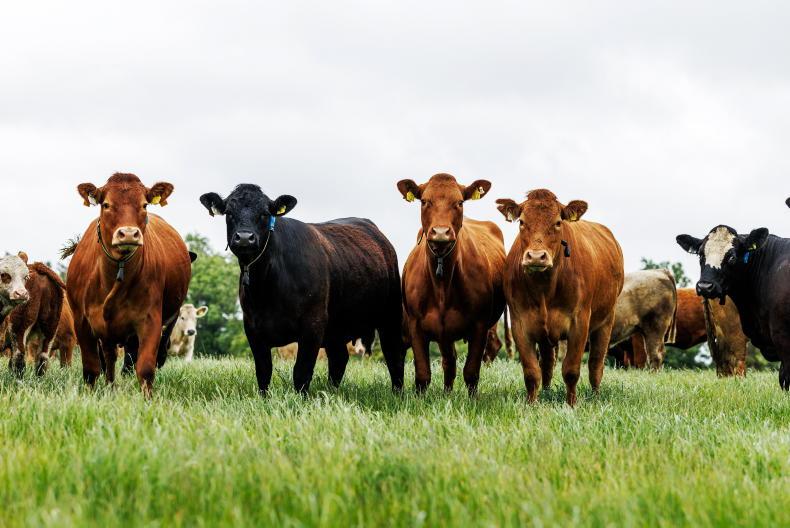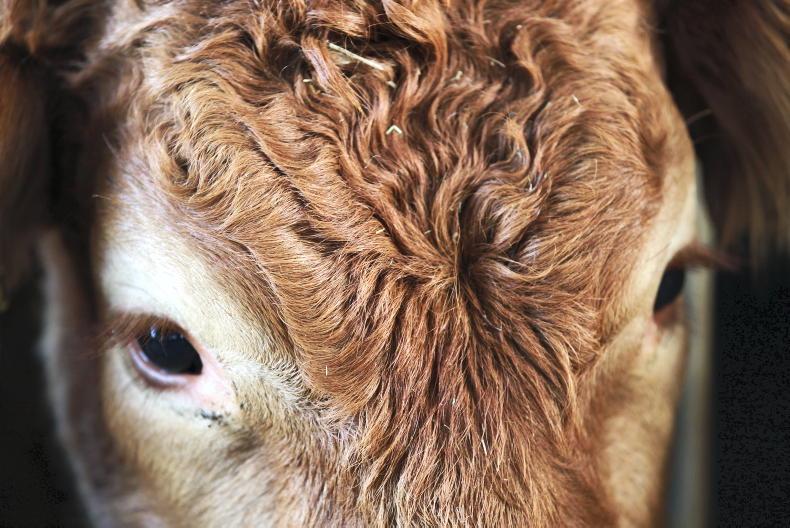Deer culling has the overwhelming support of the majority of 1,512 individuals and organisations who responded to the Government’s recent call for feedback on its deer management strategy.
Farmers, foresters, ecologists, NGOs and academics are in agreement that to tackle the impact of rising deer populations, culling is the favoured route.
Biodiversity loss and damage to agriculture such as crops, pasture and grazing were highlighted as the two most significant impacts of deer.
Support for landowners
More than 86% of those who responded said that deer culling was the most important option for addressing the impact of deer, closely followed at 78% by supports for farmers and landowners to control deer.
The respondents also said a commercially successful market for wild venison was important, as well as increased training for hunters and the option to contract hunters or gamekeeps to allow effective culling and management.
Road safety was raised as a serious concern by over 80% of those who took part.
Damage to high-value nature conservation sites, damage to farm infrastructure such as fencing and damage to forestry were also high on the list of concerns for those who took part.
The threat to farm animal health and welfare, such as from TB, was raised by many, as was the threat to human health such as from lyme disease.
Next steps
The deer management strategy group will now convene a series of stakeholder working groups to develop recommendations to managing the deer population effectively.
These working groups will focus on development of the venison market, encouraging collaboration among stakeholders, necessary legislative changes, training and education initiatives and land management solutions.
A final report is expected from the group, chaired by Teddy Cashman, in the autumn.
'Sustainable management'
Minister for Agriculture McConalogue said: “For agriculture, as well as our nature ecosystems, it is important that we are aware of the need for the sustainable management of our national deer population.
“These include the protection of biodiversity, newly planted forestry, pasture and crops, road safety, animal health, public health and not least the health and welfare of the deer themselves.
“I am delighted to see the deer management strategy group, chaired by Teddy Cashman, progress this important work with officials from my Department, the National Parks and Wildlife Service (NPWS) at the Department of Housing, Local Government and Heritage and Coillte.”
Minister Malcolm Noonan, from the Department of Housing, Local Government and Heritage, added: “The ongoing commitment of all stakeholders will be needed if we are to develop an effective deer management strategy. The broad representation and constructive input at the recent stakeholder meeting bodes well for the next steps in this process.”










SHARING OPTIONS